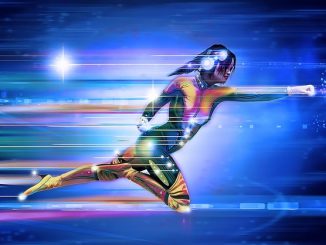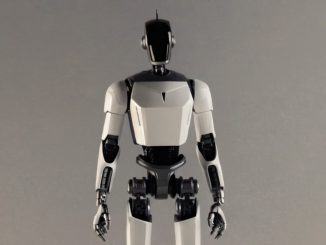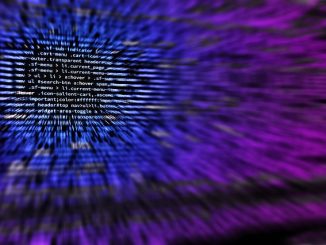Microsoft's Chief Scientific Officer Eric Horvitz says AI systems are already impressively creative, but we riding an exponential curve that will leave no-one in any doubt as to their creativity in 18 months pic.twitter.com/VIsiCYFuSB
— Tsarathustra (@tsarnick) August 11, 2024
>
In a recent interview, Microsoft’s Chief Scientific Officer Eric Horvitz made bold predictions about the future of artificial intelligence (AI) and its creative capabilities. His statements have sparked intense discussion in the tech community and beyond, challenging our understanding of creativity and innovation.
Horvitz asserted, “AI systems are impressively creative and they will become even more so, even more imaginative over time.” This declaration comes at a time when AI’s ability to generate original content, from art to music to written works, is already making waves across various industries.
One of the most intriguing aspects of Horvitz’s comments is his comparison between AI’s creative process and human creativity. He posed a thought-provoking question: “If you say, ‘that system is just combining ideas of various kinds,’ isn’t that what we do?” This perspective challenges the notion that AI’s creative output is somehow less authentic or valuable than human-generated content.
Horvitz went on to draw parallels between AI systems and human creative thinkers, stating, “Our most creative folks, even when we’re thinking out of the box, we’re combining thinking patterns and methods of various kinds in the same way.” This comparison suggests that the fundamental process of creativity might not be as uniquely human as we once thought.
Perhaps the most striking part of Horvitz’s interview was his prediction about the pace of AI development. He advised skeptics to “hold onto your seats” and “check back in 18 months,” implying that we are on an exponential curve of AI capability growth. This rapid pace of advancement suggests that we may soon witness AI creativity that surpasses our current expectations.
Horvitz’s comments also hint at a broader technological revolution. He stated, “I think we all have a sense that we are coming up onto a new plateau.” This idea of a “new plateau” in AI development could have far-reaching implications across various fields, including material science and bioscience.
However, Horvitz also acknowledged that we are “riding a different kind of wave right now.” This statement underscores the unique nature of the AI revolution – unlike previous technological advancements, AI has the potential to fundamentally alter how we approach problem-solving, innovation, and creativity across all domains.
As we stand on the brink of this new era, questions arise about how we will harness and integrate these rapidly advancing AI capabilities. Will AI become a collaborative partner in human creativity, or will it redefine the very nature of innovation? How will industries adapt to leverage AI’s creative potential?
Moreover, Horvitz’s predictions raise important ethical and philosophical questions. As AI systems become increasingly creative and imaginative, how will we define and value human creativity? Will there be a shift in our understanding of intellectual property and artistic ownership?
While the full implications of AI’s creative potential are yet to be realized, Horvitz’s insights provide a glimpse into a future where the boundaries between human and artificial creativity may become increasingly blurred.
As we move forward, it will be crucial for society to engage in thoughtful dialogue about how to navigate this new landscape, ensuring that we harness the benefits of AI creativity while addressing potential challenges.
In conclusion, Eric Horvitz’s comments serve as a wake-up call to both AI enthusiasts and skeptics alike. They paint a picture of a rapidly approaching future where AI’s creative capabilities may surpass our current imagination.
As we stand on the precipice of this new era, one thing is clear: the world of creativity and innovation is about to undergo a profound transformation, and we must be prepared to adapt and evolve alongside these remarkable AI systems.
- Bulenox: Get 45% to 91% OFF ... Use Discount Code: UNO
- Risk Our Money Not Yours | Get 50% to 90% OFF ... Use Discount Code: MMBVBKSM
Disclaimer: This page contains affiliate links. If you choose to make a purchase after clicking a link, we may receive a commission at no additional cost to you. Thank you for your support!





Leave a Reply